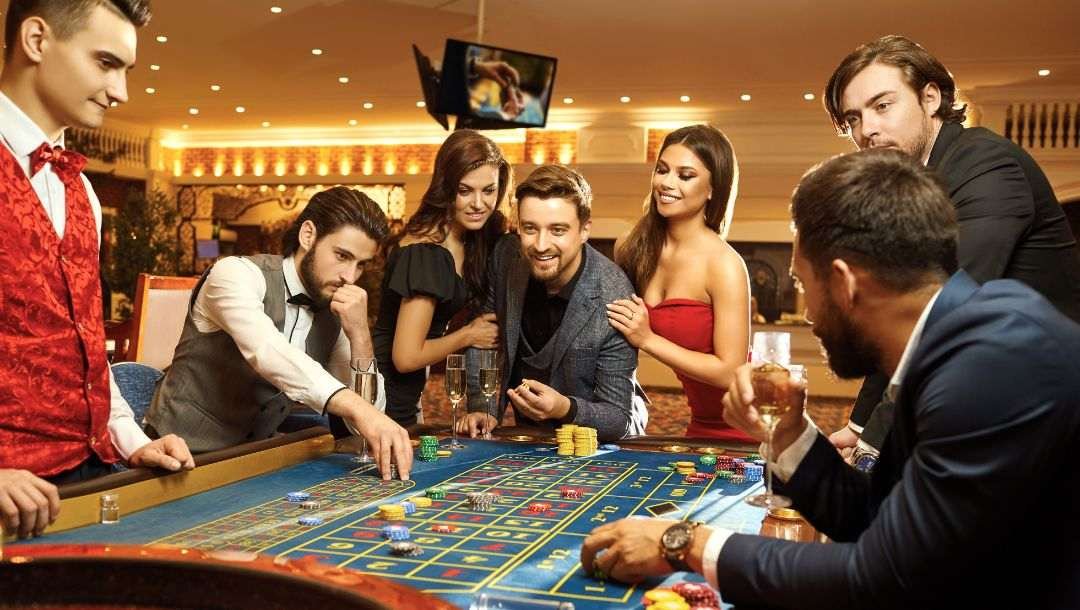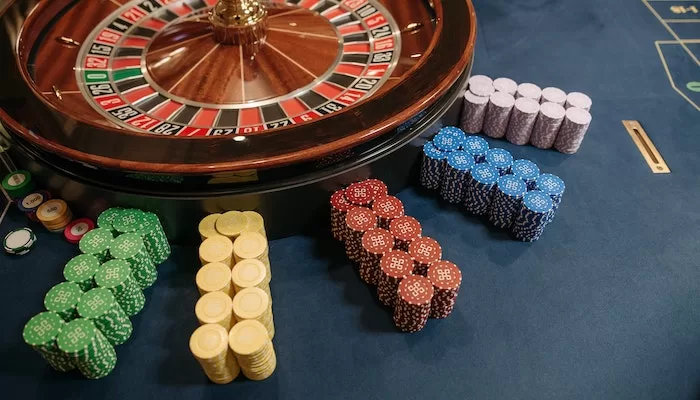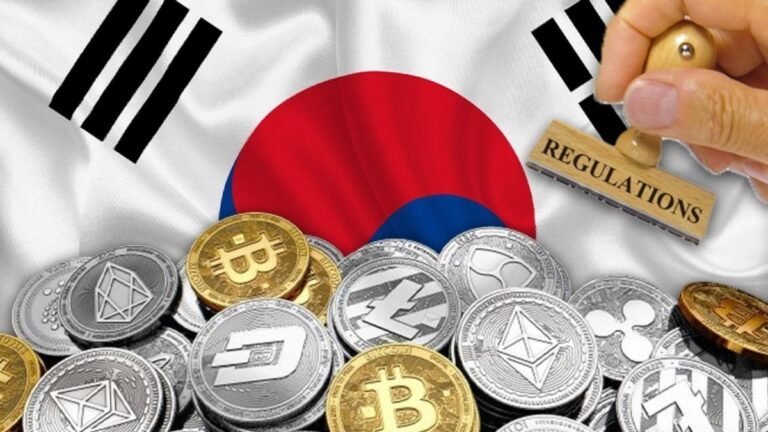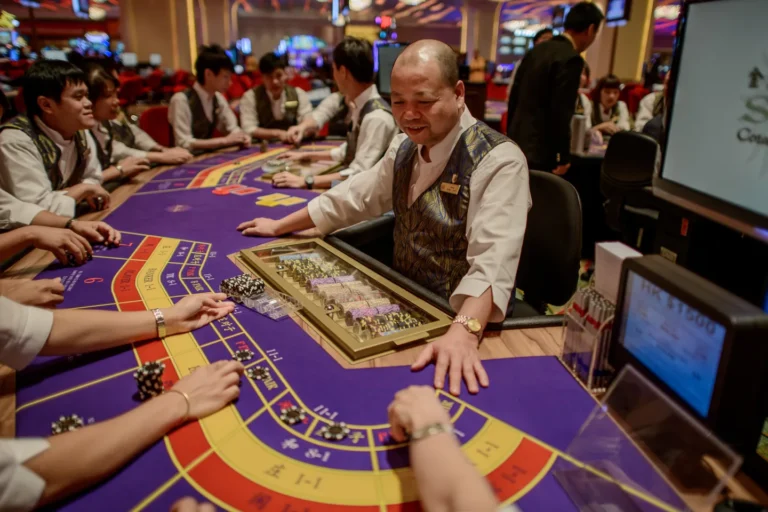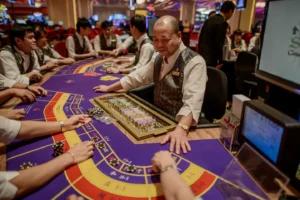The Allure of Fame Meets the Glamour of the Pavilion
South Korea’s passion for entertainment is one of the world’s most important soft power machines. K-pop icons are a global art treasure trove, with legions of fans across Asia, the Americas, and Europe. But behind the glamour of coliseum musicals, luxury autographs, and billion-view music videos, there’s a more subtle connection. It’s one that still connects some pop icons to the world of the pavilion.
It’s not always serious. You rarely see a neon billboard with a star holding a poker chip. Rather, the connection is made through the hustle and bustle of exclusive appearances, themed events, and bookings at luxury resorts overseas. With gambling still largely restricted in South Korea, these efforts have provided a way for K-pop to exert influence without raising objections.
Avilion deployed in Pista Power
Pavilions in tourist hotspots in Asia, especially near Korea, have learned one important thing. If a K-pop star shows up at your event, there’s no need for a formal PR campaign. Word of mouth and addict accounts will do the trick. A vague addict videotape of the hero entering a luxury hostel with a summer cottage floor often generates more buzz than a press release.
When icons aren’t directly promoting gambling, an association with a luxury resort with a pavilion is often enough. In the case of pavilions, the implication is simple: luxury, exclusivity, and aspiration are conveyed in a sophisticated way by familiar faces. And many pavilions have aspirations that go beyond the K-pop icons who are seen as the pinnacle of beauty, success, and fantasy.
This influence works subtly. A summer cottage that funds a private show or music video shoot on one of its summer cottage properties can get significant media attention without explicitly branding the event as a gambling-related event. This soft association allows the cottages to maintain a sophisticated image while paying the price of attracting celebrities.
The Double Life of Influence
This connection is not well known in Korea, and for good reason. Public opinion on gambling remains conservative, and celebrities walk a fine line when it comes to maintaining a clean image. In the past, drinking, plastic surgery, and even a hint of a particular fashion trend have stirred controversy. Directly engaging in gambling risks an even greater backlash.
As a result, many stars end up participating in international events or musicals held in places that have a potential connection to a resort. While the public’s attention may be focused on “addicts’ gatherings” or “fashion shoots,” the identity of the gambling venue is still quietly mentioned. For the gullible, the thrill of being close to a hero often overshadows the commercial branding of the venue.
This system is particularly effective because idiots often act as public relations agents. Staff selfies, social media eyewitness accounts, or pre-released footage can generate massive online engagement. A venue’s name can become widely known without the star saying a word.
The Ethics of Silent Support
It’s a tricky space. Strictly speaking, no rules have been broken, but the question of responsibility remains. If a celebrity isn’t actively promoting a venue, is he responsible for the backlash against it? Is he encouraging impressionable idiots to dive into the glamour of gambling?
The entertainment companies that manage these stars need to make a realistic calculation. It’s hard to ignore the money that multinational resorts provide, especially when they want to tie in with K-pop brands. These deals are often presented as life-changing moments rather than promotional vehicles, which means defining the relationship as artistic rather than marketable.
But in a world of advanced media, that distinction is becoming increasingly difficult to make. Likers, marketers, and critics alike celebrate the symbolic weight of a star’s presence. Indeed, the combination of symbolism and pavilion, if implicitly expressed, leaves a lasting mark.
Where is This Headed?
As K-pop globalizes, the lines between entertainment, luxury, and influence will become increasingly blurred. Beyond mere gaming hubs, the pavilions, once again yearning for a revival, are likely to strengthen their ties to music and celebrity culture. Meanwhile, stars and their fans will face criticism for the spaces they seek to physically and symbolically enthrall.
The connection between K-pop and the rise of Summerhouse may not yet be officially verified or acknowledged. But like a retired track that readers hear, it’s still there. Quiet, strategic, and increasingly difficult to ignore.
In a world where attention is currency, both the gambling and entertainment industries compete for high stakes. And K-pop stars, willingly or not, are often at the center of it.
Disclaimer: Gambling involves financial risk and can be addictive. Participate responsibly and only if you are of legal age.




